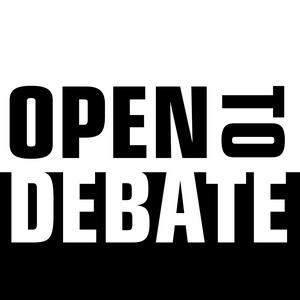Are we in a News Media Golden Age, or a fragmented era? In this “Generational Divides” episode, Reason editor-at-large Nick Gillespie brings together Baby Boomer, Millennial, and Gen Z voices to debate how our media landscape is changing. Are more platforms expanding truth, or blurring the line between news and entertainment? Are journalists accountable to funders, audiences, or the truth? As industry shakeups like recent Washington Post layoffs signal change, what does the future of news media look like?
For Baby Boomers: Kurt Andersen, Novelist, and Former Host of NPR's "Studio 360"; Co-founder of Spy magazine
For Millennials: Nellie Bowles, Journalist & Co-Founder of The Free Press
For Gen Z: Rachel Janfaza, Journalist & Founder of The Up and Up Substack; Contributor to The Bulwark
Nick Gillespie, Editor-at-Large at Reason, is the guest moderator.
Join the conversation on Substack—share your perspective on this episode and subscribe to our weekly newsletter for curated insights from our debaters, moderators, and staff.
Follow us on YouTube, Instagram, LinkedIn, X, Facebook, and TikTok to stay connected with our mission and ongoing debates.
Learn more about your ad choices. Visit podcastchoices.com/adchoices


